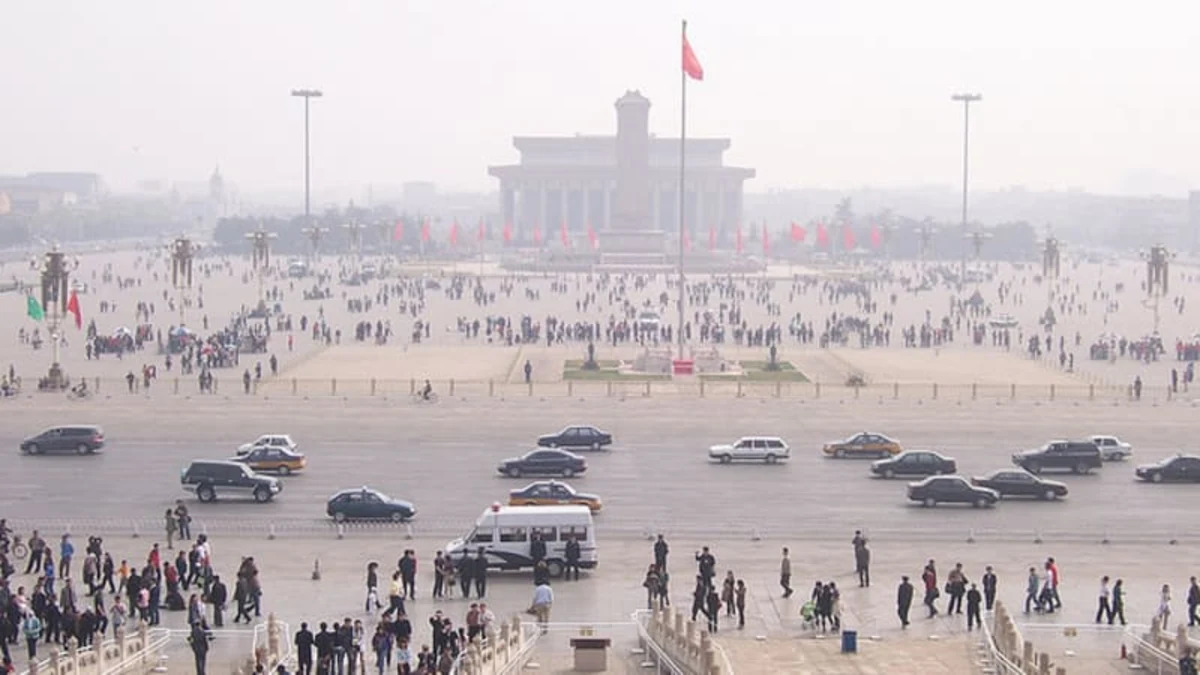Tiananmen Square in Beijing, China
In an effort to tackle gridlock and quell pollution that continues to plague Beijing, China, the city announced a measure that will severely limit new vehicle registrations. Starting this Friday, car registrations will be allocated to the city's residents based on a license-plate lottery system. The measure will limit 2011 vehicle registrations to 240,000. That's approximately one-third of this year's figure of 700,000.
Traffic jams in Beijing continue to worsen. The Chinese capital reported that, as of December 19th, 4.76 million registered vehicles were in the city. That number is a big jump from the 2.6 million vehicles registered there in 2005. Recently, China eclipsed the U.S. as the world's number one automotive market, but hazards related to the rising vehicle population have created significant problems in many of China's major cities.
Though Beijing's measure is aimed at reducing congestion, its impact on the environment seems rather obvious. Zhou Zhengy, deputy secretary-general of the city's municipal government, spoke of the purpose of restricting vehicle registration:
Duan Liren, a professor at Chang'an University, touched upon one reason why the measure should also improve the city's overall air quality:The number of cars in Beijing has grown quickly as urbanization and modernization progresses. This has caused severe congestion in some downtown areas, especially at rush hour. Decisive measures shall be taken to control traffic in Beijing. Otherwise, the congestion will only get worse.
Or something.I think these measures will achieve the desired effect to curb traffic congestion. By limiting car license plates, people will be encouraged to take public transport.
[Source: Beijing International]


Sign in to post
Please sign in to leave a comment.
Continue